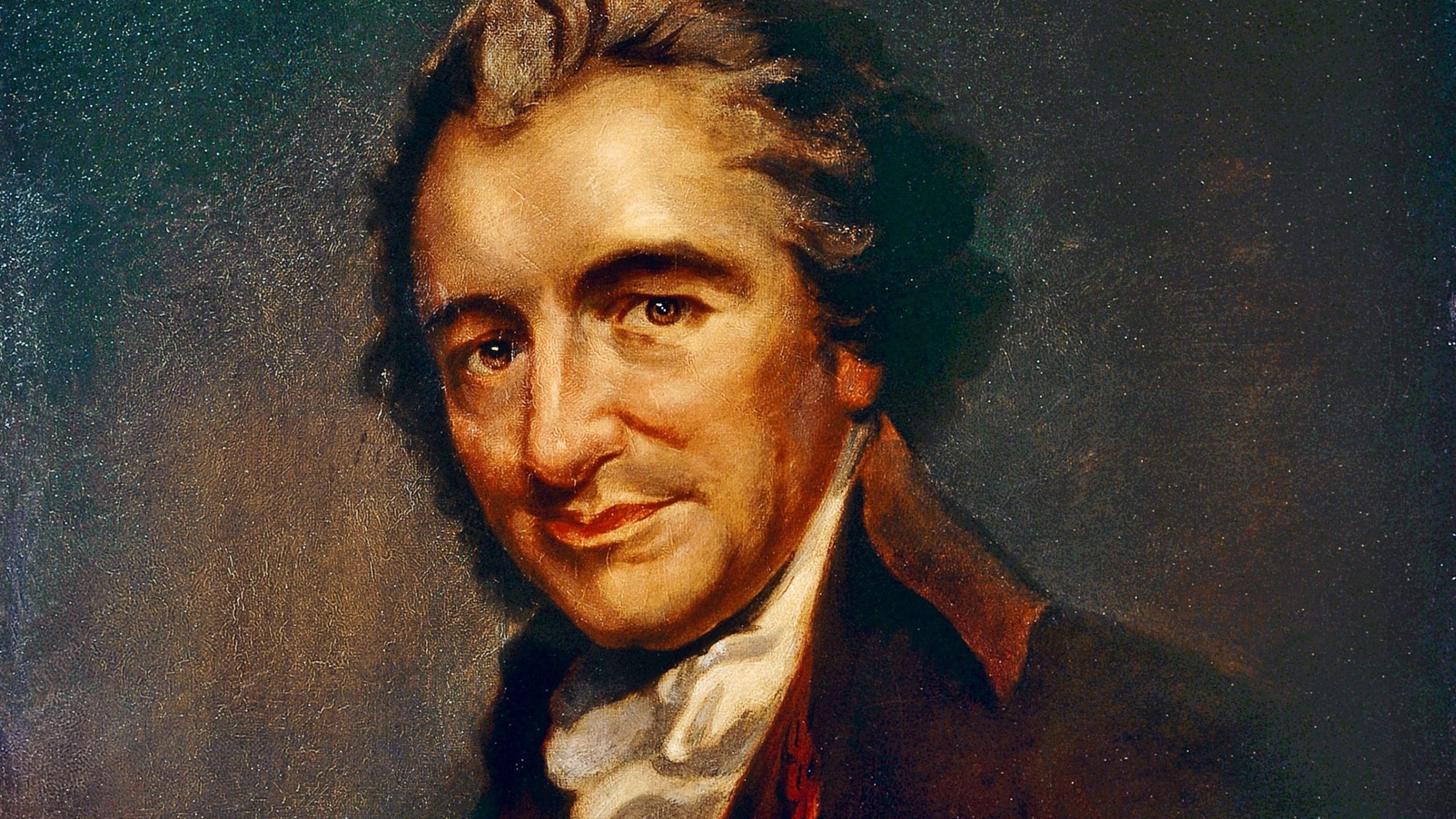(I’m working on a paper for the Chinese, yes, them, about finding economic ways to keep people at home rather than rush to the cities to find work. This is China’s No 1 worry.
(A mistake the Chinese make is in believing the migrants can’t wait to shake the dust of their hometowns off their feet. That isn’t quite true, and is the key to finding ways to keeping them there. The migration of people to America in the 19th and early 20th Century, even today from south of the Border, is not as sweet a dream as most believe.)
Originally published in 2009 at TownHall,com
I was watching “How Green Was My Valley” last night, and every time I see it, I get a new insight. The story is about the Morgan family, 5 sons and a daughter, living in a Welsh coal mining town in the late 19th Century. In one scene two of the sons lose their jobs at the mine and say, rather matter-of-factly, “Then we’ll go to America to find work.” Still, you could see the enormity of such a thing can be seen in their eyes. Immediately the thought enters your own just how tough that must be, living under the same roof all your life, then suddenly pulling up stakes to find work elsewhere…not in the next valley, mind you, or a day’s train ride down to London, but across the world.
Then the camera pans to their mother (played by Sara Allgood), and without a word, the grief is multiplied by ten.
Remember Neil Diamond’s song in 2000, “Coming to America” or the upbeat theme song from Eddie Murphy’s comedy film by that same title? Tain’t so.
Of all the things people carried in their valises when coming to America, at the top that suitcase, and heaviest by far, was the grief of saying goodbye to loved ones, knowing that as likely you’d never see them again. And that grief was doubled by those left behind. We should never forget that the people who left Europe’s, Asia’s, even Africa’s shores, were life’s losers in their home countries. They were the short end of the stick, the low end of the totem pole, detritus, humanity’s cast-offs. And they came here to build the greatest country the world has ever known.
But they built it with broken hearts.
Sitting with Moses Sands in a bar in the mid-90’s in Budapest, Moses suddenly asked, “When you get back look up some information for me, if you get a chance. Find out if the Pilgrims or original Jamestown settlers ever got any letters from home.”
It is funny, isn’t it, that while we are taught as young school kids about those original founders, never are we told of the unimaginable pain they must have felt for parents, brothers or sisters, left back in Europe, or, vice versa, what those people left behind must have grieved over loved ones they’d never see again, maybe never knowing if they were alive or dead.
Except for a few entrepreneurs who came to America under land grants or license to ship the King’s goods, almost every person who ever came to America was loaded down with that pain. Almost every person who came to America came because he had to, because there were no jobs, no more room in the house, no food. Or cruel social structures. The Irish were starving, the Jews running away from pogroms in Russia, the Italians because of failed crops, the east Europeans because of the loss of jobs. Even 10% of the English came as indentured servants (slaves) in lieu of going to prison.
American literature is filled with their stories, for it moved on unabated until the mid 1900s, since, just as the Irish, Swedes and Italians were getting off the boat at Ellis Island, second generation Americans were forging their way West where there was still new land, or jobs in the gold, copper, or silver fields. Only most folks back home never heard from them again, whether in Connecticut, Kentucky or County Cork.
Into the 1940s, American film was filled with this one grief, a thing which everyone shared in those day. Everyone in America empathized with the pain of Mrs Morgan as she had to send her sons off. Remember Goin My Way (1944) where a young priest (Bing Crosby) had been sent to replace an aging priest (Barry Fitzgerald)? At the very end, they brought Barry’s dear mother over from Ireland, a lady in her 80’s who he hadn’t seen for nearly 60 years. There wasn’t a dry eye in the house as they embraced again for the first time.
I personally know the story of a man who came to Ohio from Slovakia in the 1930s, leaving a wife and son back home. He stayed and worked for several years, built up a nest egg, then returned to Slovakia to bring his wife back. But his son, by then about 10, had to stay back, as he was the heir to the family lands. It was custom, so he was boarded with uncles. Then came the Nazis and the War. Then the Communists.
Neither of them ever saw their son again. They came back to Ohio, had four more children, raised them, and except for the youngest son, who met his eldest brother while serving in the Army in the 1970’s, none ever met their brother.
But Mama wrote him once a week for nearly fifty years, until he died in the late 1980s. But not the “how ya doing, son, weather’s fine here” kind of letters, but copious volumes of everything that had happened that week, pictures of his brothers and sister, how Poppa was doing in the mill. Ordinary things of “life at home” not just “life in America”. The son would write back, but not as often. for from the 1950s through 1970s many of the letters had been redacted (censored) as the Communists didn’t want anyone telling the outside how miserable things were there.
I once asked Mama about this, and she only turned her head. She never spoke of the incredible weight she carried with her every day until she died. No one in the family had ever seen those letters, as none of the other sons could read or write Slovakian.
Today, of course, you can go to JFK and watch “refugees” from Russia, east Europe, China, get off the plane and the first thing they do is open their cell phone to say they are here. Even illegals sneaking across the border leave a paper trail up to the jumping off place before they try to cross the river in Texas or run the gauntlet from Sonora to Arizona. Once safely across, everyone back in Chiapas knows it in a very short time.
America is the greatest country in the world precisely because of that cross of grief our forebears carried. It is a grief we wish on no one, which is why we would like to see democracy grow elsewhere, just to spare them that one weight.
But it will always be part of the shoulders we stand on, lest we forget.



